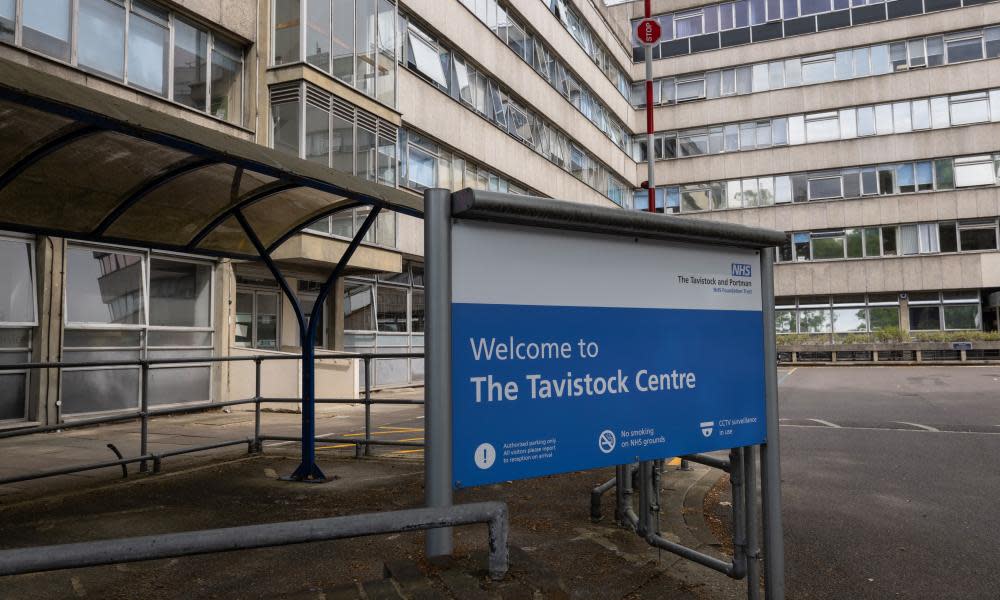The Observer view on gender dysphoria: criminalising therapy poses risk to children’s welfare

There has been a welcome shift in the way NHS England says it will provide care for children with gender dysphoria. In recent months, it has moved away from the ideologically driven “affirmative” model that views gender dysphoria in children purely as a sign of a fixed trans identity.
It is instead adopting a more evidence-based approach – as laid out in the review by the distinguished paediatrician Dr Hilary Cass – that starts from the understanding that children’s feelings of gender incongruence are often transient and fluid, and can be associated with autism, childhood trauma, children grappling with their own developing same-sex attraction, and intense discomfort about puberty.
Accordingly, the NHS now says social transition – treating a child as though they are of the opposite sex – should only be considered in cases where there is significant clinical distress or impairment in social functioning. Puberty-blocking drugs – the entry point of a medical pathway that can lead to cross-sex hormones and sex change surgery – will only be prescribed as part of a clinical trial, given fears about potential long-term impacts for bone and brain development, fertility and sexual functioning; and concerns they make permanent gender dysphoria that would otherwise naturally resolve itself. The “watchful waiting” approach counsels that children should be allowed to experiment with identity with neither endorsement nor criticism from adults and access talking therapy that includes exploration of the reasons for their gender distress.
There are a number of serious challenges for the NHS in rolling out a new approach; the underfunding of child mental health services and some clinicians’ continuing ideological affinity to the affirmative model. Another is that campaigners are seeking to make the provision of exploratory therapy effectively impossible by ensnaring it in an ill-defined criminal ban on trans “conversion therapy”. The ban has been linked to parallel proposals to ban gay conversion therapy; yet the fluidity of gender dysphoria makes it a completely different phenomenon to sexual orientation in young people.
No one has been able to precisely define what “trans conversion therapy” is; when the government consulted on a ban, the Equality and Human Rights Commission criticised it for failing on this count. But advocates for a ban clearly envisage it including therapy to explore the causes of a child’s gender distress and help them feel more comfortable in their body as an alternative to medicalisation. One proposal even suggests that a clinician not prescribing puberty blockers could be criminally proscribed by a ban.
There is a question of what problem an impossble-to-define ban is trying to fix: a government-commissioned study found no evidence that trans conversion therapy happens in the UK beyond a methodologically flawed self-report survey. An independent review for the NHS highlighted many mental health professionals are already reluctant to treat children with gender distress because of pressure to adopt the affirmative approach.
The chilling effects of criminalising exploratory conversations between a therapist and a young person that could be perceived as denying their identity will only make the holistic therapy recognised as critical by the Cass review even harder to access. Campaigners will have no qualms about misrepresenting unclear law to tell clinicians, therapists and parents they may be committing a criminal offence and subject to “conversion therapy protection orders” unless they immediately affirm a child as trans. Redefining exploratory therapy as something that sounds as terrible as “conversion therapy” to turn it into a criminal offence is a blunt campaigning tactic, one that any government concerned for the welfare of children with gender dysphoria must resist.

 Yahoo News
Yahoo News 
